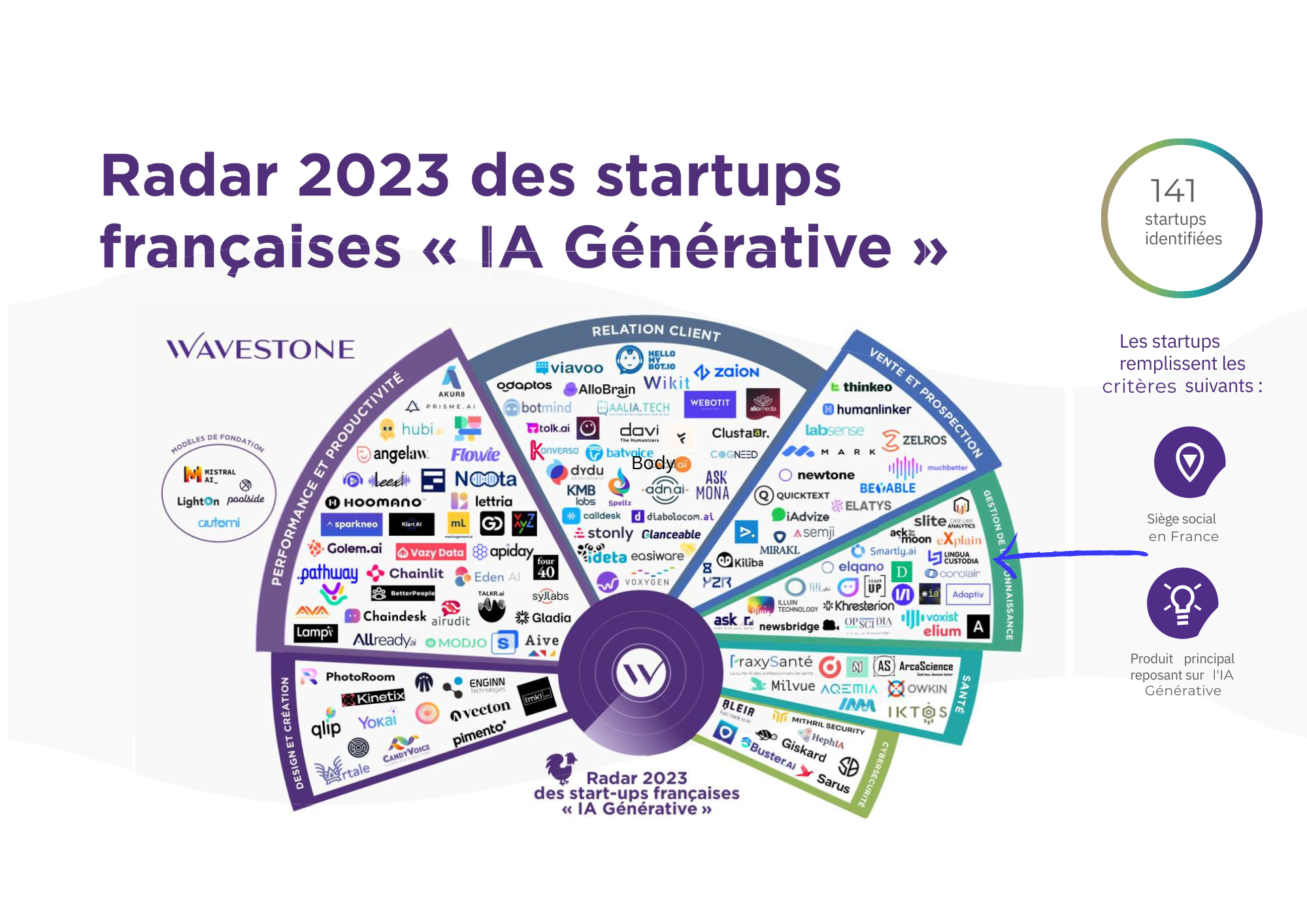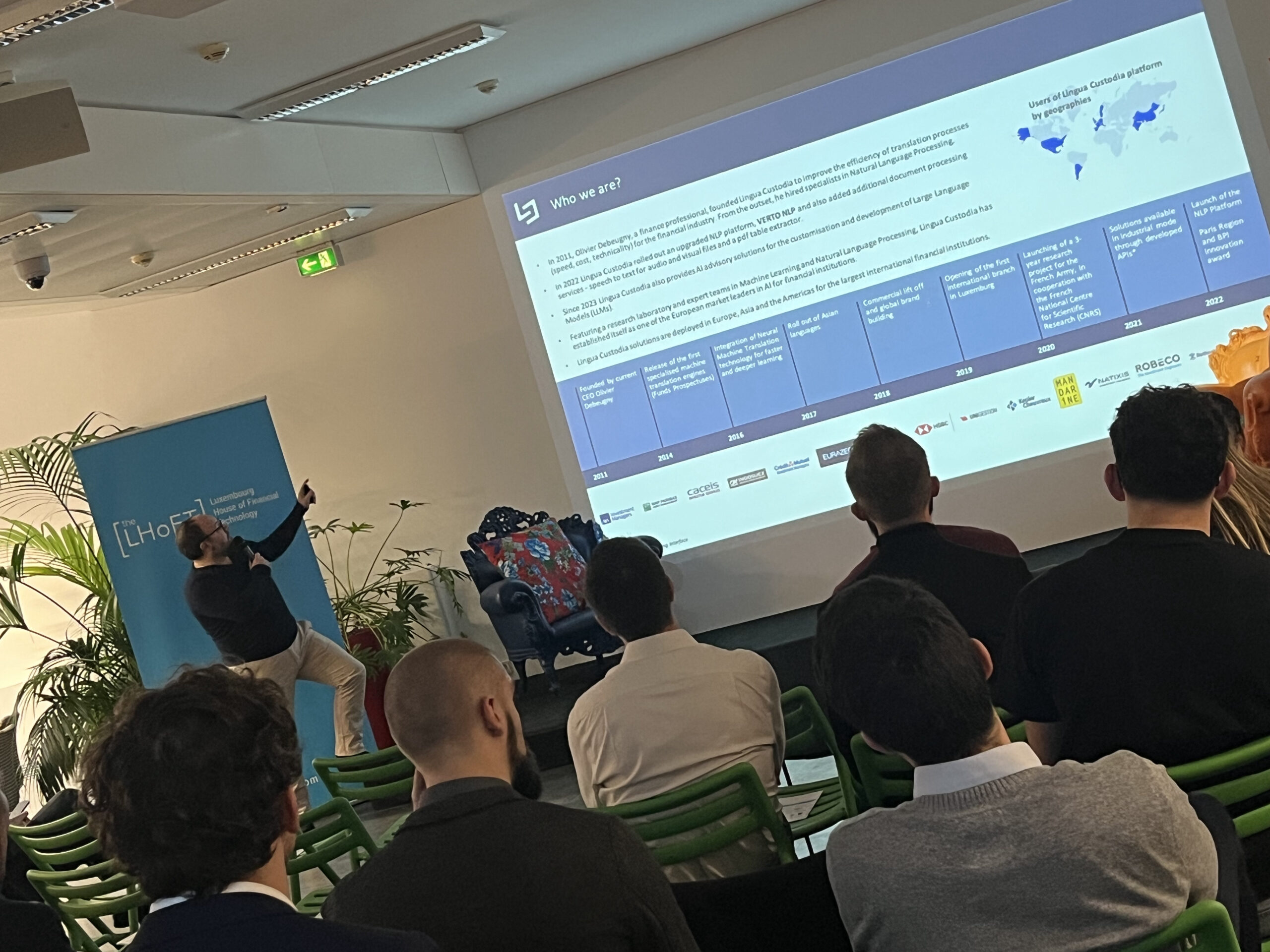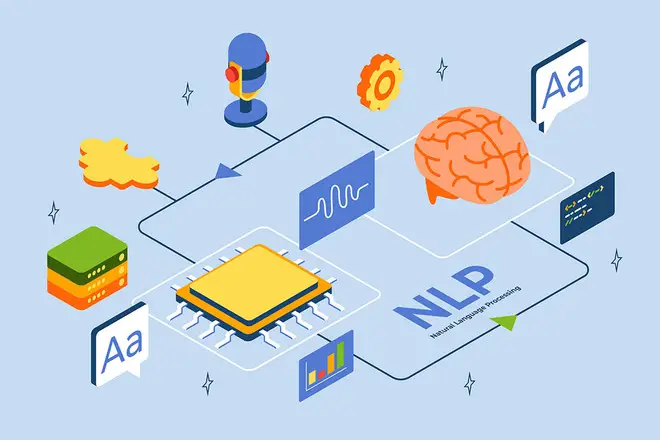Lingua Custodia was delighted to feature on the Wavestone Radar for French Generative AI start ups in 2023.
What is the Wavestone Radar?
Wavestone is an international global consulting company, which has a start up accelerator focusing on emerging trends in the startup ecosystem. It shares the results of these market insights through the publication of Wavestone Startup Radars.
What is Generative AI?
Generative AI is a type of model trained to spot pattens in data, which enables it to then generate new content based on the previous patterns. So, for example in the finance industry, Generative AI models can be used to analyse trading and investment data, identifying patterns to generate trading opportunities.
Lingua Custodia
Lingua Custodia is included on the Generative AI radar within the ‘Gestion de la Connaissance’ category, because of its focus on financial document processing and its range of technologies for data extraction and analysis.
It is a huge achievement to feature on this radar. Lingua Custodia was initially created in 2011 by finance professionals to offer specialised machine translation.
Leveraging its state-of-the-art NLP expertise, the company now offers a growing range of financial document processing solutions in addition to its initial Machine translation technology.
Lingua Custodia’s document analyser, uses Generative AI applied to a large language model (LLM) model to search for specific information in confidential documents, extracting and then summarising the information.
The key advantages of our document analyser is the rapid extraction of the relevant data in response to a series of queries. The document analyser is multi-lingual, available in 10 languages. This allows you to query a document in a different language to the one it is written it. The use cases for the document analyser include requests for proposals, regulatory, compliance, research and security documents.
The source references are also included which helps with verifying and checking the accuracy of the responses. The ability to query several documents at the same time will be developed and live on the platform by the end of Q1 2023.



